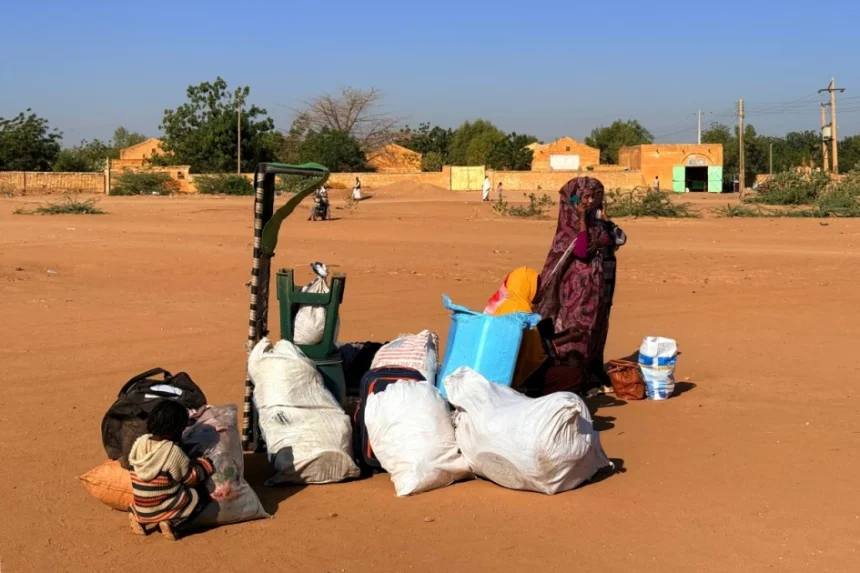An Amnesty International report released on Thursday documents the use of rape as a weapon of war by the Rapid Support Forces (RSF), a paramilitary group that has for the last two years been engaged in a civil war against the Sudan Armed Forces.
The report documents the experiences of 16 women, the majority of whom are refugees in Uganda, who lived through hell at the hands of RSF fighters.
“We’ve documented in the past that both SAF and RSF have been committing acts of human rights violations on civilians,” said Deprose Muchena, Senior Director of Regional Human Rights Impact at the rights organisation.
“But on this one, almost everyone that we interviewed spoke about the RSF armed men raping women. Some of them do it in public where children and their loved ones are. These are not only war crimes but crimes against humanity.”
Last month, UNICEF reported to the UN Security Council that in 2024, 221 cases of rape against children were documented in nine states of Sudan, 147 survivors being girls and 33 per cent boys. Disturbingly, 16 of the children were under the age of 5, including four one-year-olds.
One of the cases documented in the Amnesty International report titled ‘They Raped All of Us’ is that of Batul (not her real name), a mother of six.
“I was at home with my six children, including my sick daughter who has a heart disease. The RSF said they were arresting me because they knew I was a nurse, and they wanted me to treat their injured soldiers. They blindfolded me and put me in a car and drove me to Al-Amal Hospital in Khartoum North,” she narrates.
“They asked me to treat one of them who was critically injured. I told them that I was unable to do so because I was not a medical doctor. The injured man died the following day. On that second day, eight RSF soldiers came to the room where I was detained. They beat me badly and then raped me one after the other. My un-healed C-section wound opened because I am diabetic and had given birth nine months earlier.”
Amnesty International is calling for protection of the civilian population through enforcement of an arms embargo not only in Darfur where it currently applies but across the war-torn nation.
“Countries that have been named including by the US, but also we know that in March Sudan took the UAE to the court of justice that means that there’s evidence that there are groups of countries and companies involved in arms transfer,” Muchena said.
Access to sexual and reproductive health service for survivors of rape is also a challenge, with Muchena noting that 80 per cent of the hospitals are not working in Sudan.
But not just in Sudan but even for those who’ve sought refuge in neighbouring countries given drastic cuts to humanitarian assistance after USAID was impaired.
“We note the statement by foreign affairs of 23rd February; that statement was silent on human rights. It has the responsibility as a government to ensure that its relationship with RSF includes spotlighting and putting at the centre human rights fundamentals in Sudan including to be critical that a partner can commit mass rape. A partner like that needs to be called out,” said Muchena.
Amnesty International is calling on Kenya to take a stand against war crimes.



